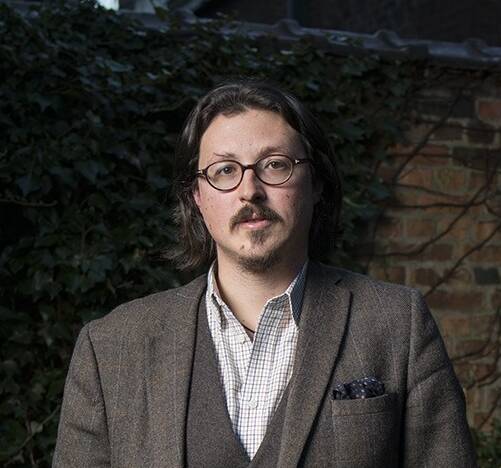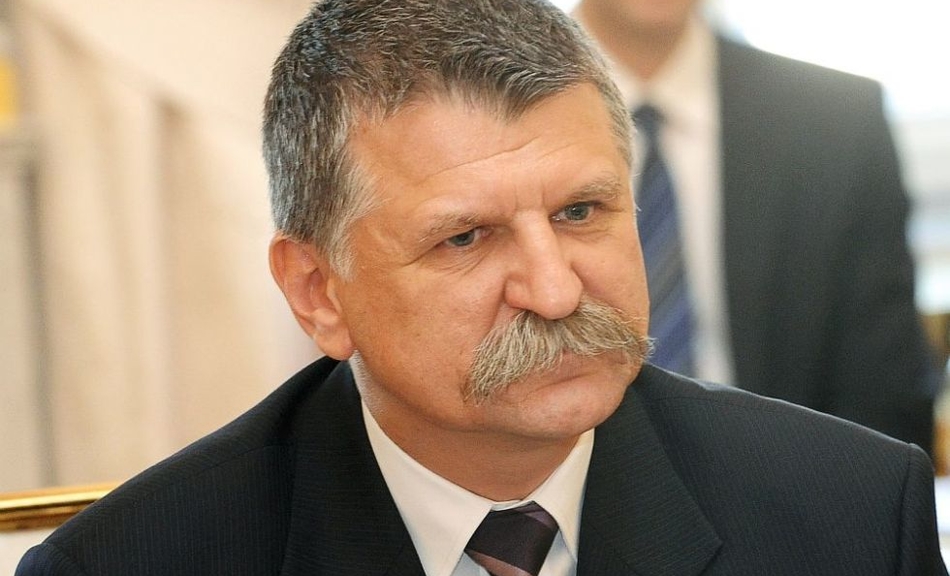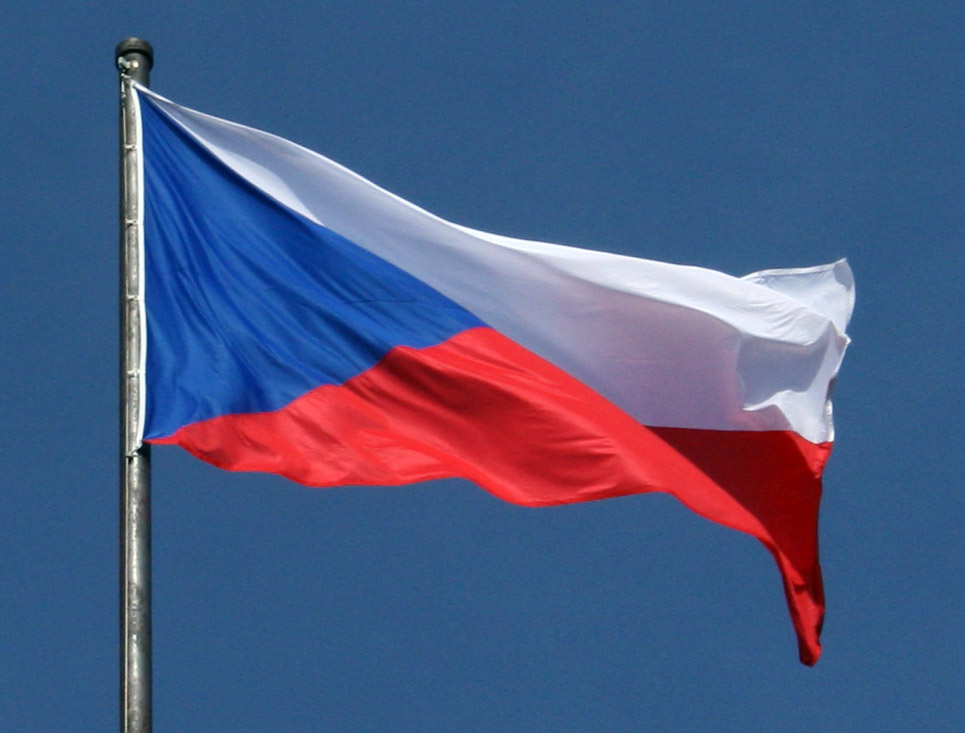The fight for an alternative European Union is one of the most important political goals of the 21st century, as without tight cooperation between the European nations in their common battle against the West’s numerous inner and outer enemies, our civilisation is doomed to decline. A first important step towards the realisation of this objective was given in the “Joint Declaration” by as of now 16 conservative European parties, which hopefully will also pave the way for common political action.
The goals and commonalities laid down in this Joint Declaration all point to the need for the proud cultivation of our historical identities and autonomies while at the same time recognising the need for close European cooperation to protect these identities against all internal and external threats. Particularly welcome is the fact that nationalist sovereignism, which has hitherto been attributed – rightly or wrongly – to all so-called “Right-wing” conservatives, has clearly been put on hold. The Joint Declaration is not about dissolving the EU and returning to a patchwork of 40 medium-sized and small states, but rather about creatively reshaping existing European institutions. The resulting perspectives are manifold and probably require intensive analysis in order to be implemented efficiently. I see a particular need for action on the following points.
A first and certainly central point is the question of the moral basis of the society we want to create. Two possibilities emerge that find extreme representatives in, for example, the French and Polish positions: namely, Republican secularism and the idea of Christian civilisation. The two seem incompatible at first sight, and yet I think that a confluence is within the realm of possibility for various reasons.
On the one hand, the complete failure of French efforts to integrate Muslim parallel societies shows that state neutrality in the domain of values does not strengthen our own European identity’s consolidation, but rather bolsters foreign identities by weakening centuries-old indigenous traditions while elevating alien groups to a rank to which they have no historic right.
On the other, it also makes it clear that everything about republican “values” that really has meaning and purpose ultimately feeds on pre-Revolutionary and Christian traditions: Modern values,
as G. K. Chesterton has already noted, are nothing other than Christian values “run wild” because they are devoid of proportion and moderation;
a corresponding pruning of this wild growth could therefore certainly establish a new harmony and ground the modern state once again on a solid Christian, transcendental foundation.
Another point is certainly the question of Europe’s foreign policy orientation. Here too, at first glance, there seems to be a fundamental contrast between a Western orientation towards America and an Eastern, even Eurasian, orientation towards the East. These differences should not be minimised, although it should be borne in mind that liberalism, which is sometimes naively glorified in the United States, is in the process of destroying itself, while what is presented as Russian traditionalism is often only a pretty façade for considerably less appetising oligarchic power-plays. But it seems to me that this conflict is above all a dispute about the European soul itself, and should accordingly be resolved internally before involving a foreign power:
Europe’s greatest goal should be to shape its power policy not by relying on its neighbours, but by doing so freely and autonomously.
It is precisely such a return to Europe’s destiny as a world power, and in turn becoming more than merely a satellite, which is the key to overcoming the opposition between East and West.
A further point of discussion is Europe’s relationship with Islam. The Islamisation of many large- and medium-sized cities in Western Europe is not a conspiracy theory, but an everyday reality, just as is the secession of those parallel societies from the general context of Western civilisation. Nevertheless, it would be wrong to see in this only opposition between the West and Islam, as those political forces which, out of calculation or misunderstood tolerance, have promoted Muslim mass immigration and thwarted their integration are the real problem in the migration question.
We should also consider that many Muslims have more in common with traditional Christians in the area of values than with many “woke” citizens,
so that it would be wrong, as many allegedly conservative Western Europeans demand, to fight Islam in the name of an ultra-liberal, allegedly Western “value system” which is itself the worst enemy of the true Europe. It is therefore necessary to restrict and reduce migration as much as possible while striving for integration by strengthening our ancestral European and Christian tradition. This should be offered as a new guiding culture and not as, for example, laicism that is completely devoid of content.
This leads to a fourth point, namely the fundamental difference between the political-cultural constellations of Eastern and Western Europe, which require different tactical approaches. In the East, conservatism enjoys widespread popularity and has been able to preserve a traditional and patriotic framework of life, which must be protected and developed into a strategic bridgehead for a reconquest of the West, which is itself in an exceedingly poor state. East and West must work together: Eastern conservatives must lend their political help to the West; while Western conservatives must be prepared to incorporate the ideas that are commonplace in the East into their own political programmes to build a strong and coherent pan-European conservative movement. And for the East to be strong enough to resist the EU’s growing pressure, it is necessary that the Visegrad Alliance grows into a Trimarium Alliance and creates an alternative to Brussels’ coercive straitjacket that is capable of taking on the Berlin-Paris axis.
As a penultimate point, I would like to mention the social sphere. Often, cultural conservatism and economic liberalism seem to be inseparable. And yet it is still the case that
liberalism already contains in itself the fruits of its own radicalisation and decomposition, and that the political Left has come to excellent terms with an ultra-liberal economic system, as is proven every day by the curious interplay of socialist demands and big business.
Particularly in view of the ever-widening gap between rich and poor and the de facto hardening of a new class of the super-rich, social commitment should become a core element of conservative thinking. This should in turn replace liberalism with Christian social teachings and the corporatist approach offering the only credible framework for a future conservative economic order capable of fighting the new billionaires’ socialism.
The last point concerns Germany’s role. Currently, no German party has signed the Joint Declaration, which represents a crucial vacuum at the centre of the European political fabric. The reasons for this are manifold: first and foremost, the German Alternative für Deutschland’s ideological instability, as well as the somewhat simplistic narrative of Germany’s alleged exploitation as a “net payer” by its EU partners. Further, there is the German conservatives’ surprising demand for a German exit from the EU, and finally their obvious Russophilia which, along with an often debatable interpretation of their own history, creates a series of frictions with Germany’s Eastern neighbours. And yet just as Europe is inconceivable without Germany, European conservatism must also show solidarity here. It is therefore to be hoped that, in the medium to long term, frequent exchanges and discussions will lead to a certain political stabilisation of a hitherto often erratic movement and an ideological alignment of Germany’s conservatives with their neighbours.
As can be seen,
the Joint Declaration is to be understood more as a starting point in a common battle for a coherent ideological line than a final result,
and it would be wrong to rest on the laurels of this document as it stands: More than ever, haste is needed, but also a willingness to compromise, as well as mutual understanding. This is especially so if one wants to prevent blackmailing by Brussels, which seeks to create electoral upheaval in the East and thus grind down the last bastions of conservative governance in Europe.




